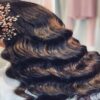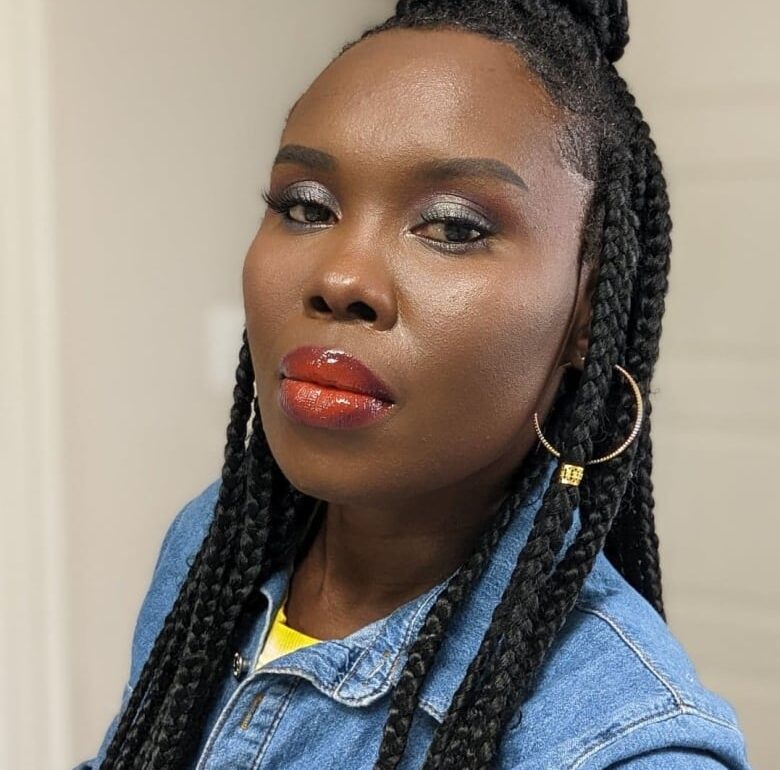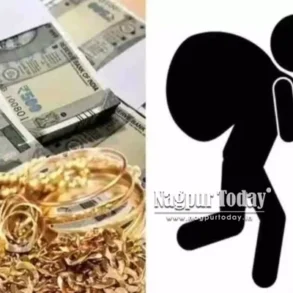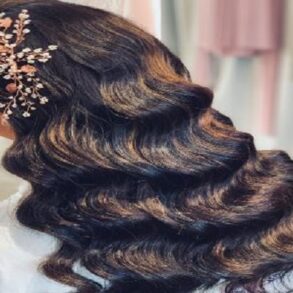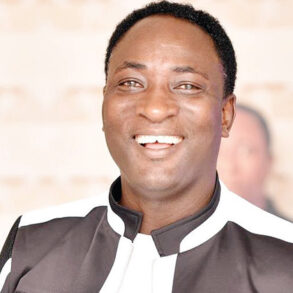A London woman who learned how to fashion her own braids using YouTube celebrated the grand opening of her salon which caters to Black hairstyles such as twists, faux locs, box braids and many more.
Self-taught braider Kalee Mepba officially launched Afrosis Ldn 425 First Street last week, after operating out of her basement for years.
“It’s really a dream come true,” said Mepba. “[It] was very heartwarming for me to see friends, family and even clients validate what I’ve been working on all these years.”
Back when Mepba immigrated to Canada from Nigeria in 2017, she didn’t see a lot of options to get her hair done in the styles she loved.
That’s what inspired Mepba to learn how to braid through YouTube tutorials.
Mepba practiced on her friends and worked part-time as a braider from her basement until she quit her job last November to braid hair full-time.
‘Doesn’t focus on my hair type’
Lydia Owusu, a Black hair stylist in St. Thomas, was one of the few Black students in her hair styling program at Emery Collegiate Institute in the Toronto area over a decade ago.
But she was disappointed by the curriculum.
“It doesn’t focus on my hair type,” Owusu said. “It doesn’t focus on braiding.
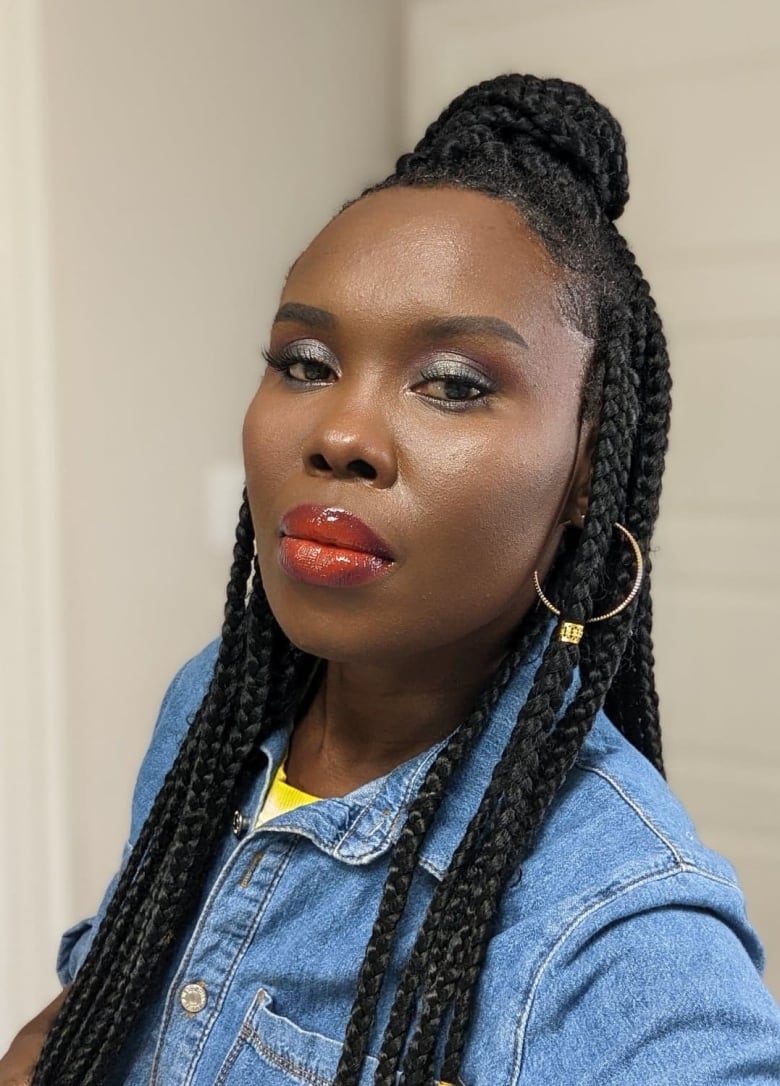
So on a visit to Ghana in 2008, Owusu hired a local stylist to teach her how to braid, plait, cornrow and do other styles for Black hair.
Five years later, she launched her own hair salon. Since then, her talent has become so popular that Black students across London have been asking Owusu to train them.
“I have a lot of students who have contacted me from London, also from Fanshawe Hairstyling School and they’re trying to see if I can help them learn,” Owusu said.
Kalee Mepba is a self-taught braider who recently launched Afrosis Ldn in East London after operating out of her basement for years.
The Beauty Academy London School of Hairstyling does not have a curriculum that teaches students how to style Black hair, said director Robbie Fraser.
“But we do have clients from various diversities,” Fraser said. “If they come in, sometimes we’ll end up teaching the student right on the client because we get very few Black clients as well.”
‘This is the spot’
Shameka Codner-Roberts is a regular at Afrosis Ldn. Before Roberts found a local braider, she was finding it difficult to manage her hair on her own.
“I was struggling very, very much,” said Roberts. “I can do my hair myself, but it’s a lot, especially since I have two daughters and my son has long hair as well and my husband is trying to grow his hair as well.”
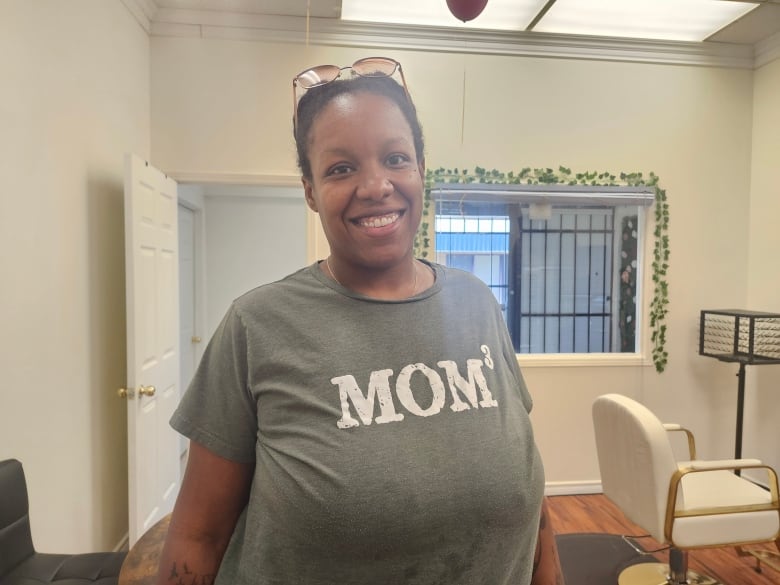
The hair salon is more than a place to get your hair done, said Roberts, it’s a place to connect with other members of the Black community.
“In our community, this is like the spot,” said Roberts. “This is where you unleash all of your frustrations out, watch something funny, catch up on your shows, get some gossip. So it’s definitely a place where I look forward to coming to.”
While Mepba has had white women reach out to her who wanted hairstyles traditionally created by and for Black people, she said it makes her uncomfortable.
“For me, it’s a lifestyle, not fashion,” said Mepba, adding that she has kindly tried to educate white clients that the hairstyles she specializes in are “protective” for Afro-textured hair.
Protective styles typically last six to eight weeks on Afro-textured hair but can damage and unravel on straight, light hair within a week, according to Mepba.
“Majority of my clients tend to be the [tightly curled] hair texture so we do a lot with braiding extensions,” said Mepba. “So it’s a thing for the Black folks.”
Mepba normally spends about two to five hours with every client depending on the style, and each one is a labour of love.
“I see it as therapy — when I’m braiding the client’s hair,” said Mepba. “It’s like my time to relax.”
This post was originally published on this site be sure to check out more of their content.


